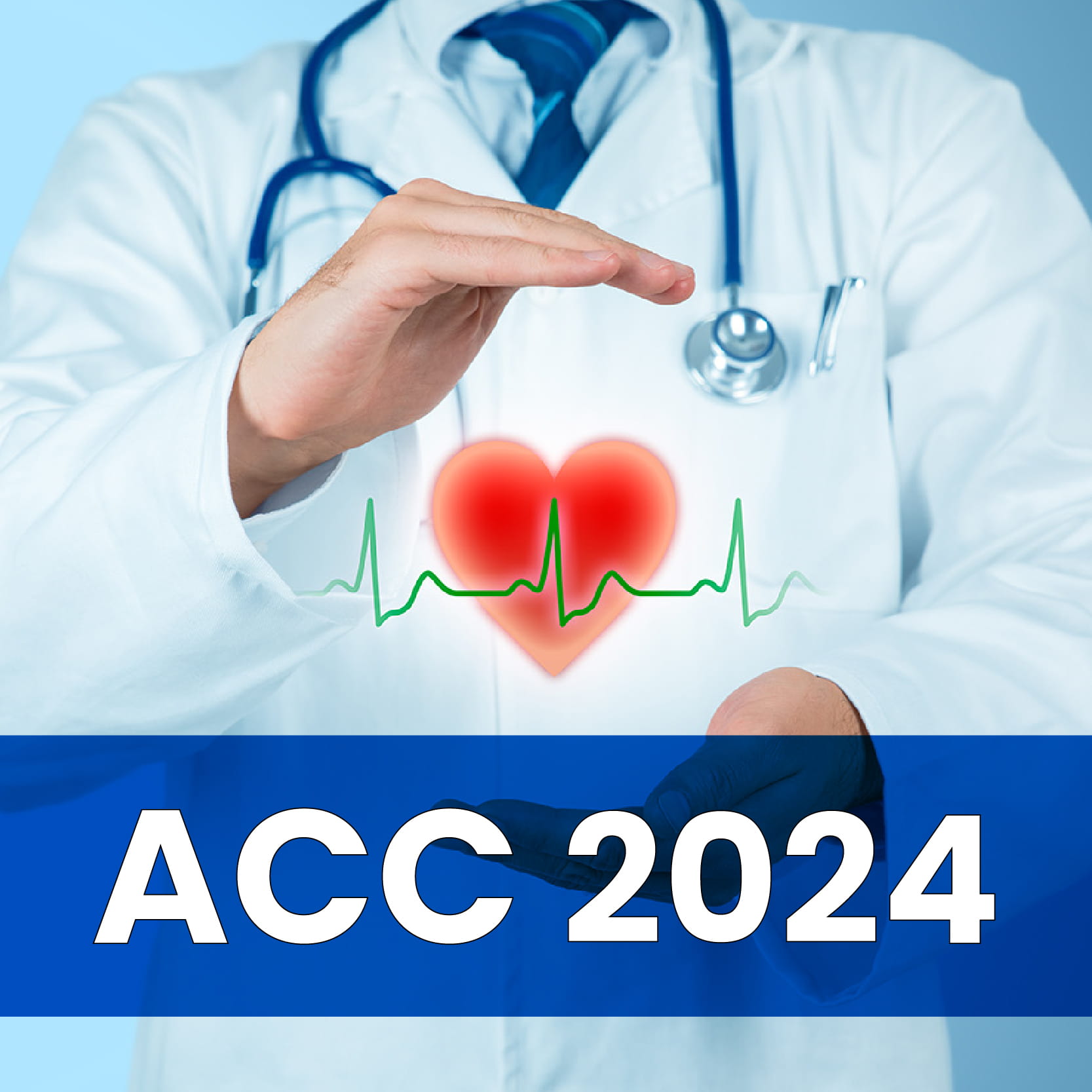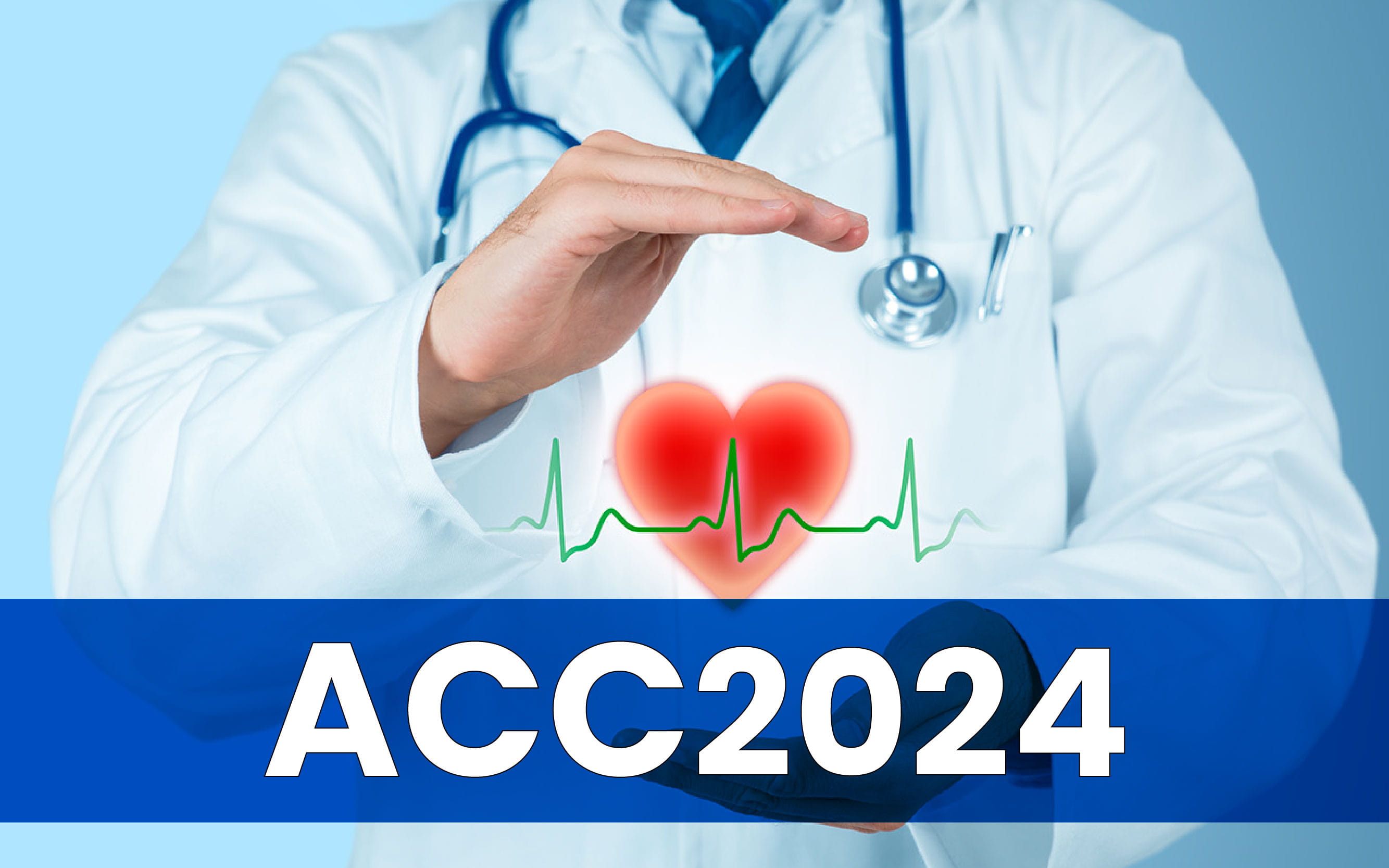The symposium focused on the association between type 2 diabetes (T2D) and heart failure with preserved ejection fraction (HFpEF), the use of SGLT2 inhibition in HF and T2D and using Finerenone for CV risk reduction in diabetes.
According to the European Society of Cardiology Heart Failure Registry, the outcomes are worse in patients with heart failure with reduced ejection fraction, primarily cardiovascular mortality. Heart failure hospitalization is as common in heart failure with preserved or normal ejection fraction and a major source of disability. Most treatments for heart failure are for heart failure with reduced ejection fraction ( HFrEF), but treatment for heart failure with preserved ejection fraction (HFpEF with neurohormonal drugs is limited.
According to a Swedish Diabetes Registry on the outcomes of death, myocardial infarction, stroke and heart failure in patients with diabetes controlling the other risk factors such as smoking, lipids, and blood pressure can eliminate the excess risk of death, myocardial infarction and stroke, but no effect on excess risk of heart failure.
Diabetes has a unique relationship to heart failure with preserved ejection fraction with much higher risk at early ages. In patients with heart failure, regardless of ejection fraction, the risk of death is much higher for patients with diabetes (hazard ratio of 1.5).
With an increasing BMI, there is no increased risk of HRReF, however, there is a dramatic increase in the risk of HFpEF. In HFpEF, obesity is followed by type two diabetes and CKD and leading to microvascular inflammation, systemic endothelial activation and coronary endothelial activation. This leads to secondary changes in the interstitial with fibrosis, collagen deposition, capillary action and secondary changes in the cardiomyocytes.
There are multiple metabolic approaches for HFpEF with GLP1 RA, GIP RA, glucagon agonists, and myeloperoxidase inhibitors, AMP activated protein kinase inhibitor, PDE9-inhibitor, MRA that specifically inhibit microvascular inflammation.
A meta-analysis of DAPA-HF and EMPEROR-Reduced has demonstrated a very robust and highly significant reduction of heart failure hospitalization as well as cardiovascular death.
Based on the results of several clinical trials, SGLT2 inhibitors are now a new therapeutic option to treat patients with heart failure and reduced ejection fraction independent of the presence of diabetes. SGLT2inhibitors reduces the combined endpoint of CV death and heart failure hospitalisation HFpEF patients with or without diabetes. The way in which SGLT2is work to reduce the risk of heart failure in diabetes is through its diuretic, hemodynamic and metabolic effects. EMPA hemodynamics study suggested that Empagliflozin leads to an acute improvement in parameters of acute diastolic function.
Chronic kidney disease in addition to diabetes is an enormous risk for developing myocardial infarction and all-cause mortality. Finerenone is a novel selective, non-steroidal mineralocorticoid receptor antagonist that inhibits inflammation and fibrosis and protects against progressive kidney and cardiovascular dysfunction in preclinical models. In FIGARO-DKD trial, patients with CKD stage 2 to 4 and moderately increased albuminuria or in patients with stage 1 or 2 CKD with severely increased albuminuria, Finerenone reduced cardiovascular morbidity and mortality by 13%. This effect was mainly driven by a reduction in heart failure hospitalization despite the exclusion of patients with heart failure with reduced ejection fraction. FIDELITY is a large individual patient data meta-analysis of FIDELIO-DKD and FIGARO-DKD, which showed finerenone significantly decreased the risk of composite CV outcome by 14%. (Time to CV death, non-fatal MI, non- fatal stroke,or hospitalisation for heart failure) while demonstrating safety as well.
In conclusion, the two potential therapies for managing heart failure in type 2 diabetes patients are SGLT2i and Finerenone.
S56, European Association for the Study of Diabetes (EASD) International Congress 2022, 19th – 23rd Sept. 2022, Stockholm
.svg?iar=0&updated=20230109065058&hash=B8F025B8AA9A24E727DBB30EAED272C8)


.png?updated=20230828071131)